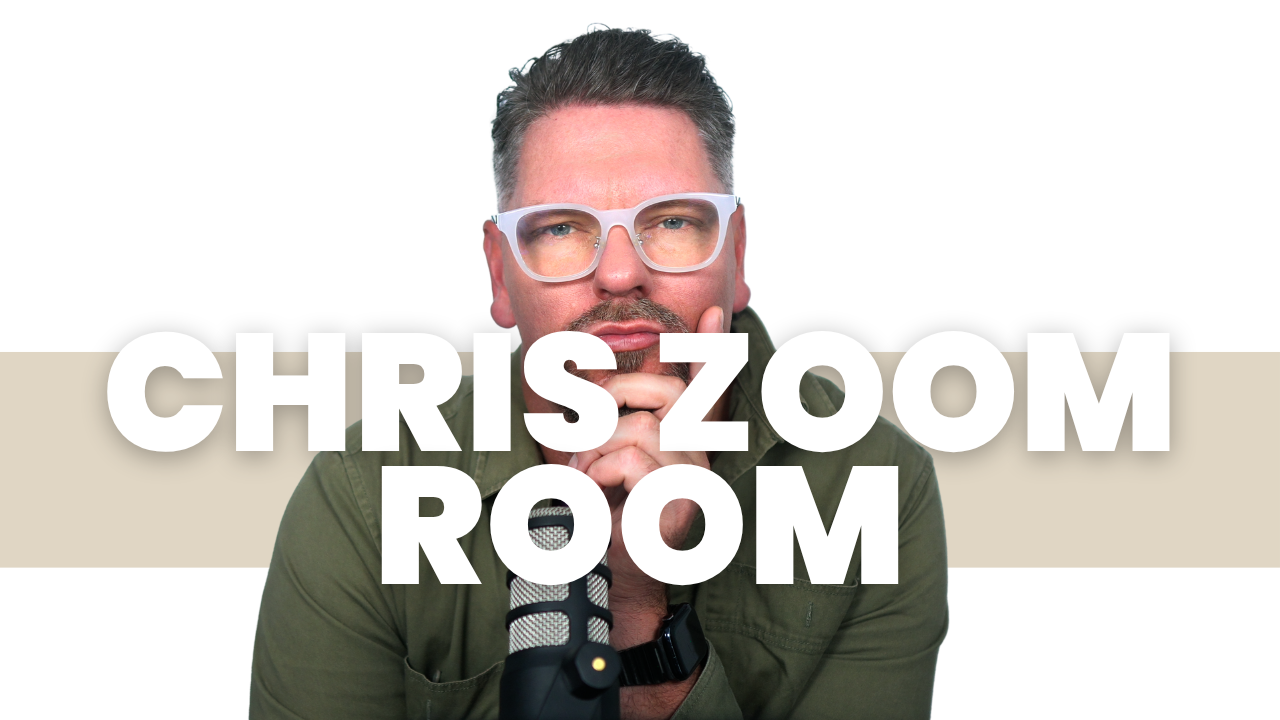Why Your Body Needs Protein
Sep 22, 2021A few months ago, I was asked by Vital Proteins (America’s #1 Selling Protein Brand, endorsed by Jennifer Aniston) for my expert opinion on protein and what protein does for the body. You can read the full article here - Click here!
This is a question I get asked often, from clients, friends, and followers. Is protein really that important? Is my body burnout a result of amino acid deficiency? Am I eating enough protein? The latter question is something many Mums worry about too - is my fussy-eating child getting enough protein? And might their behavioural or health issues be a result of a lack of protein?
So, I thought I’d write an article giving you all the ins and outs of protein!
Why is protein is important for the body?
When people think about consuming protein, most people will first think about muscle-building - i.e. that protein from foods and amino acid supplements, are primarily used to build muscle. While proteins do help form robust muscle tissue, this IS NOT the only function of the protein. From a functional perspective, every cell in our body is made up of PROTEINS. If you are deficient in essential amino acids, not only will your muscles suffer, but any organs, bodily structures, and/or functions are likely to suffer, as they are all made up of protein. Think gut lining, DNA, liver, pancreas, neurotransmitters, mitochondria - all of these things can suffer, if you are not consuming enough essential amino acids, leading to gut issues, fatigue, mood imbalances, anxiety, depression, and inflammation.
Why is it important to eat protein?
Every cell in our body is made up of proteins, and these cells make up our DNA, our organs (i.e. liver, muscles, heart), and other structures in our body (i.e. gut lining, neurotransmitters, mitochondria). Protein is required for your cells and body systems to repair and regenerate; without protein, these structures will begin to suffer. While the body can make some amino acids (protein), there are a bunch of essential amino acids that the body cannot make. As a result, they must come from food. The 9 essential amino acids are histidine, isoleucine, leucine, lysine, methionine, phenylalanine, threonine, tryptophan, and valine.
What happens when you start eating more protein?
If you have been eating a very low protein diet, you may be amino acid deficient. If you are deficient in any amino acid, health issues can occur due to cells, organs, and body systems not functioning properly or optimally. These issues can be reversed by increasing your protein intake - this can be done by eating more meat, eggs, and/or plant-based proteins (i.e. legumes, grains, nuts & seeds) and also good-quality, natural protein supplements (I like Vital Proteins, ATP Science & Nuzest, to name just a few). For example, by eating more tryptophan-rich protein, you may notice better sleep and mood, as tryptophan converts into the neurotransmitter serotonin. Or, by eating more lysine-rich foods, you may notice better skin quality or those nasty cold sores may stay away for good.
Does protein give you energy?
Of the macronutrients in our diet, protein doesn’t directly provide us with energy. Fats and carbohydrates give us energy. However, protein does play a role in energy production, as it is the building block for our muscles and tissues, and also the mitochondria - the organelles that reside in our muscle tissue, and that produce adenosine triphosphate (ATP) energy. In this way, protein keeps our energy systems strong and healthy, so that we are able to produce energy from the foods that we eat, and improve our strength and fitness, which can help us feel energised. The amino acid tyrosine is also essential for creating the neurotransmitters adrenaline, noradrenaline, and dopamine, which help has to feel mentally energised.
Do protein shakes make you gain weight?
It depends on the quality! Many commercial protein shakes are filled with sugar, artificial sweeteners, and/or other nasty preservatives and additives. If a protein shake contains sugar, you could be consuming extra calories that could cause you to stack on weight. Artificial food additives (even ’sugar-free’ artificial sweeteners) can do damage to our metabolic system, which over time can affect our ability to burn fat. If you are using a good-quality, natural protein powder, this can actually assist in weight loss, as protein is more predominantly used to rebuild muscle tissue and cells, rather than being stored as fat (or burned up as energy). A good quality protein shake can also help you with satiety for longer.
What is the best protein for energy?
As a practicing Clinical Nutritionist, my answer to this would be - whatever works best for you! Some people will feel more energy on meat-based protein, while others will feel more balanced energy on plant-based protein. When it comes to the type of protein powder that is best for energy - or even the specific amino acid needed for more energy - again, it really depends on the individual and what they metabolise and tolerates the best, and also what amino acid deficiencies need restoring.
How much protein should I be consuming?
It varies from person to person, but I usually recommend anywhere from 0.8g - 2g of protein per body weight. I’m around 54kg (I think...I haven’t weighed myself in a while!) so I would need anywhere from 43.2g - 108g of protein per day. And note: the grams are of an actual protein, not the weight of food containing protein. The more active, or the more chronically ill, someone is, the more protein they will need.
Can I test my amino acid status?
Yes! And it’s worth noting that even if you feel like you have a diet high in protein, you may still be deficient in amino acids - this can come back to things like poor gut health (not being able to breakdown and assimilate protein), stress (that burns up amino acids in the body), lack of sleep (amino acids are not able to repair during sleep), or vitamin B deficiencies (as they are the glue that binds amino acids together). When it comes to deficiencies, I use the functional medicine ION Profile lab test where we can assess via blood work amino acid status. For any lab geeks like me out there, you can check out a sample test result for the ION Profile here - Click here!
If you're wondering if nutritional deficiencies are breaking down your body systems and causing your burnout symptoms, you have the opportunity to book in for an Initial Consult where we can start connecting the dots to the root cause of your health issues. Go here for more info!
Filipa Bellette is Co-Founder of Chris & Filly Functional Medicine. She is an accredited Clinical Nutritionist & Functional Medicine Practitioner. She is also a Ph.D. thought-leader, award-winning writer, and regularly published as a guest blogger & in the media. Together with her husband Chris Bellette, Filipa has worked with over 2,000+ busy, burnout clients in the last 10+ years, and specialises in producing healthy, balanced, and happy Mums & Dads...or as she calls it, a Power Parent! Filipa’s own passion for producing high-performance Power Parents came from her own personal experience of Mummy Burnout, after having babies and juggling the demands of business, family, and her failing health.
Stay connected with news and updates!
Join our mailing list to receive the latest news and updates from our team.
Don't worry, your information will not be shared.
We hate SPAM. We will never sell your information, for any reason.



